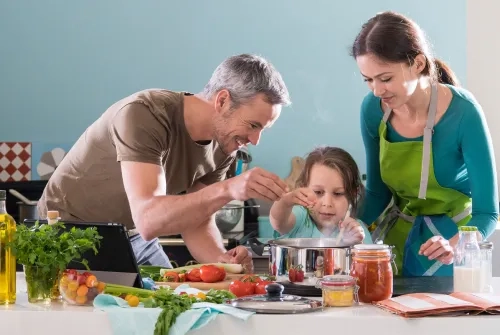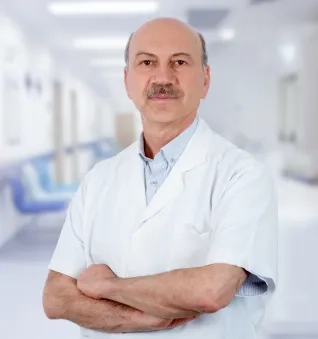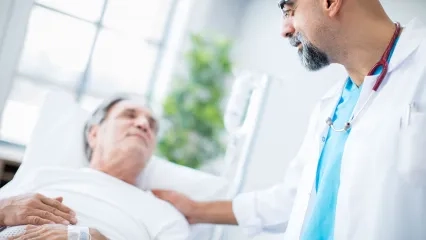Alo Yeditepe
Alo Yeditepe
Guidelines for Safe Living After Hematopoietic Stem Cell Transplantation
Hematopoietic stem cell transplantation, which is frequently used to treat malignant hematological disorders and solid tumors, is a lengthy therapeutic process with significant patient care needs throughout and after.
Nonetheless, it calls for specialized care that can handle the patient's psychological and physical care activities. The fact that the patient is a family caregiver both during and after hematopoietic stem cell transplantation, along with the actions that must be made in his or her own living area, has a favorable impact on the patient's healing process. The patient appears to accept the therapy more readily and has fewer physical and psychological issues as a result. For the transplanted patient and caregiver, it's crucial to recognize and treat post-transplant acute symptoms, deal with medical complications, prevent opportunistic infections, and provide psycho-social support.
Due to the patients' and their families' growing workloads, changes in home and professional life may occur during hematopoietic stem cell transplantation. Yet, some safety measures must be taken in both social and domestic settings.
This content was prepared by Yeditepe University Hospitals Medical Editorial Board.
”
See Also
- Childhood Cancers and Treatment
- Childhood Lymphoma Treatments Give Hope!
- Father Who Lost His Daughter to Leukemia Saved a Life Through Stem Cell Donation
- He Beat Leukemia, Made A Graduation Ceremony in His Hospital Room, and Won the University
- Good Results have been Achieved in Leukemia Treatment
- Soil Eating in Patients with Pica Syndrome
- What are Hematopoietic Stem Cells and What is Their Function?
- How to Apply for Bone Marrow Transplantation?
- Frequently Asked Questions in Hematopoietic Stem Cell / Bone Marrow Transplantation
Alo Yeditepe




